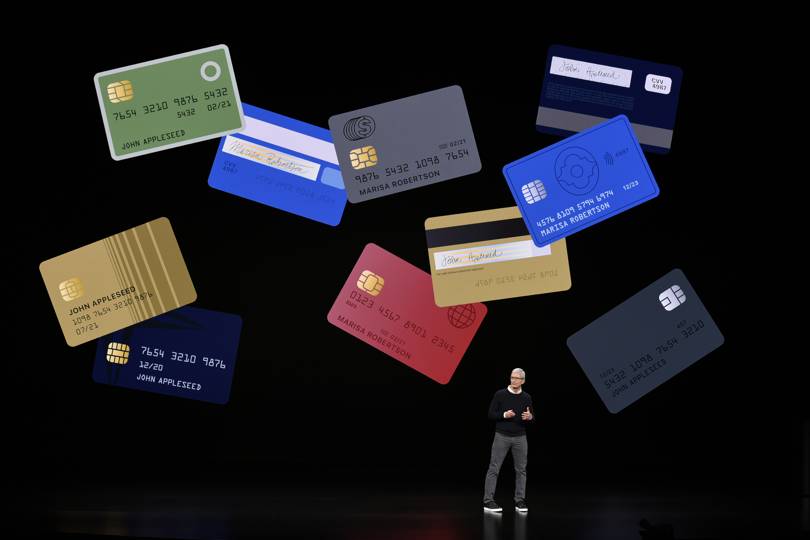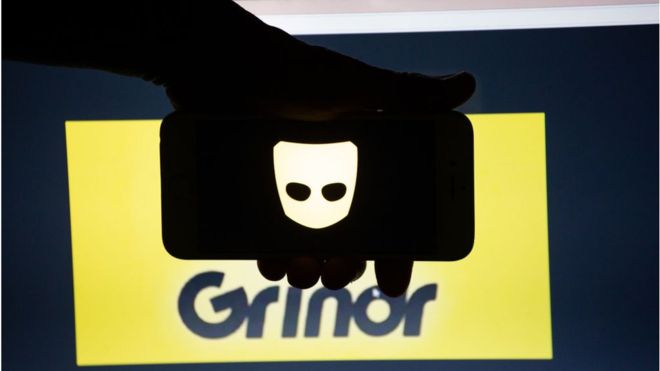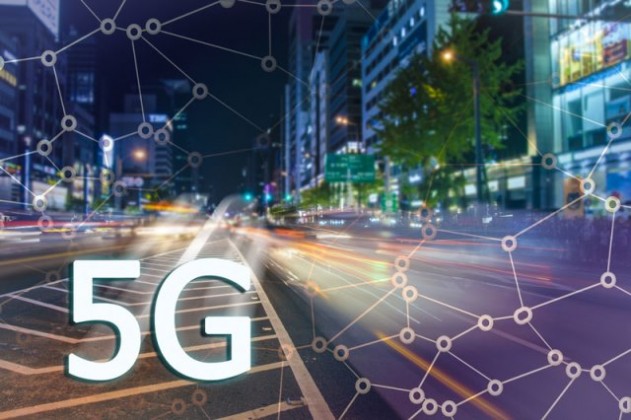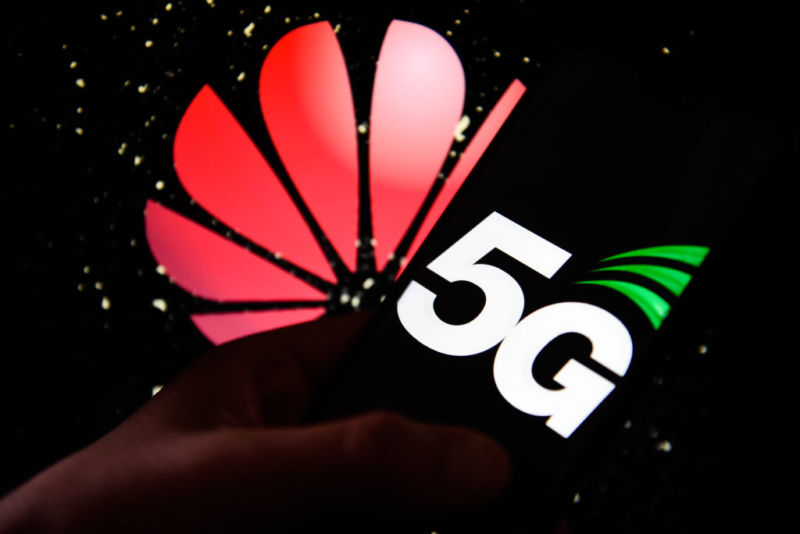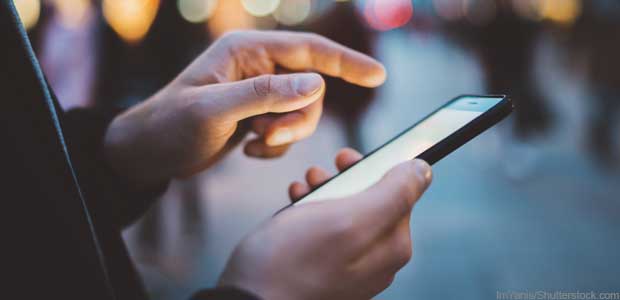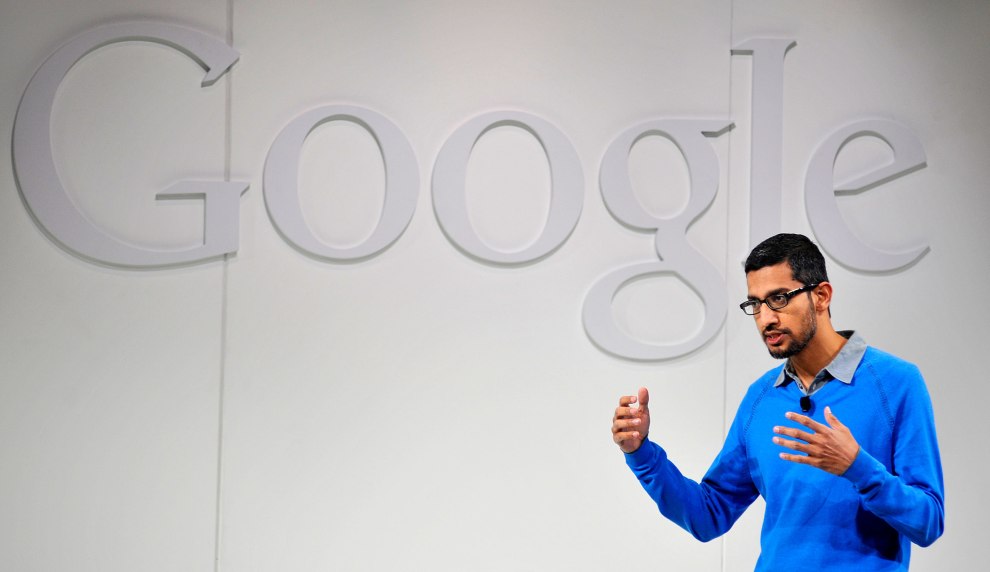Find out the week’s top mobile stories from across the internet.
This week.. Japanese internet giants team up, is Apple Card the future of finance, Grindr ‘up for sale on security grounds’ and much more.

Japanese Internet Giants Join Forces as Mobile Payment Race Heats Up
Business of Fashion
TOKYO, Japan — Line Corp. and Mercari Inc. are joining forces on mobile payments as Japan’s internet companies race to dominate cashless transactions in the world’s No. 3 economy.
The operator of Japan’s most popular messaging platform and the used-goods online marketplace app will let users shop and pay for purchases at stores that accept each other’s systems starting early this summer, they told reporters in Tokyo Wednesday. They also launched an alliance to welcome other mobile payment providers.
Read more…
Is Apple Card the future of finance or just a fancy Mastercard?
Wired
Tim Cook thinks the freshly announced Apple Card – made of titanium, wrapped in the iPhone maker’s distinctive, minimalist brand and issued by a Wall Street investment bank – is a game changer. In fact, he is confident it is the biggest credit card innovation in half a century.
But is the company’s chief executive right to claim that the Apple Card offers something strikingly different to what is already available in a deeply competitive market? According to Apple’s launch partner, Goldman Sachs, it is a “terrific” opportunity to be exposed to a new distribution channel under the Apple brand as the bank enters the credit card market for the first time.
Read more…
Grindr ‘up for sale on security grounds’
BBC
Gay dating app Grindr is up for sale by its Chinese parent company, Kunlun Group, media reports say.
The move comes after US authorities expressed concern that the firm’s ownership of the US-based firm is a national security risk, sources told Reuters news agency. Kunlun Group bought a 61.5% stake in 2016 from the company’s US founders, taking full control in January 2018.
Read more…
5G is speedy, but does it also raise the stakes on privacy, security, potential abuse?
USA Today
Sure, the next generation of wireless will bring you faster phones, smarter tech and seamless services. But could 5G also make your privacy vulnerable?
While you often hear that 5G promises to eventually rev-up health care, self-driving cars, virtual reality, even entire “smart” cities, what you don’t hear quite as often is how it raises the stakes on privacy and security.
Read more…
UK cyber security officials report Huawei’s security practices are a mess
Ars Technica
In November of 2010, the Chinese networking and telecommunications giant Huawei entered into an agreement with the government of the United Kingdom to allow extensive security reviews of Huawei’s hardware and software—a move intended to allay fears that the company posed a security risk to the UK’s networks. Since then, the Huawei Cyber Security Evaluation Centre (HCSEC) has given UK officials a window into the company’s information security practices. And UK officials haven’t necessarily liked what they’ve seen.
Read more…
New mobile money propositions have the potential to reduce the world’s unbanked population by more than a third
IBS Intelligence
A new report from Mastercard confirms the power of mobile technology to improve financial inclusion. The research shows that 15 countries account for over 60% of the global unbanked population, where 607 million people have a mobile phone but do not yet have a bank account. Mobile technology could, therefore, provide them with immediate access to the benefits of financial inclusion.
In all but one of these 15 countries (India) people with a mobile phone outnumber those with a bank account by several million (rising to 204 million in China).
Read more…
The future of identity management in the mobile era
GCN
Federal leaders are looking to transform their operations with the benefits of mobility, including increased productivity, flexibility and the ability to access and share information from any location seamlessly.
However, adversaries are continually testing new strategies and threat vectors to penetrate the government’s most sensitive data and systems. In 2017 alone, the public sector experienced 22,788 cybersecurity incidents ranging from ransomware, email-borne malware and phishing, among other types. With the growing rate of data breaches resulting from both malicious outside actors and insider threats, agency leaders can’t truly benefit from mobile technology without guaranteeing that their mission-critical data is secure.
Read more…
Android users’ security and privacy at risk from shadowy ecosystem of pre-installed software, study warns
Tech Crunch
A large-scale independent study of pre-installed Android apps has cast a critical spotlight on the privacy and security risks that preloaded software poses to users of the Google developed mobile platform.
The researchers behind the paper, which has been published in preliminary form ahead of a future presentation at the IEEE Symposium on Security and Privacy, unearthed a complex ecosystem of players with a primary focus on advertising and “data-driven services”
Read more…
Mobile, IoT and AR Are Transforming E-Commerce Businesses
Martech Advisor
Digital transformation is brewing up a storm in the e-commerce business. While mobile has brought the shopping experience to the customer’s fingertips, augmented reality is powering up immersive experiences. IoT is the next hottest trend to deliver enhanced customer experiences and optimize business operations. Let’s see how mobile, Internet of Things (IoT), and Augmented Reality (AR) are revolutionizing e-commerce.
With more consumers discovering the convenience of online shopping, e-commerce will expand to become ‘the preferred’ shopping platform. According to eMarketer, the e-commerce business will reach USD 4 trillion by 2020.
Read more…
Gen Z is a mobile-first generation
Grocery Dive
Generation Z could have an estimated $143 billion in spending power, and their spending habits, which are driven by mobile and experiential shopping, have major implications for retailers, according to research from market intelligence firm Numerator.
When it comes to advertising, members of Gen Z are more engaged with mobile devices and social media than millennials, but Numerator, drawing on data from its omnichannel shopper panel of more than 500,000 consumers, found that retailers such as Amazon, Kroger, Target and Sam’s Club are relying on online display advertising and overlooking mobile and social. Brands that are resonating with Gen Z include Kit Kat, Cheetos and Powerade.


